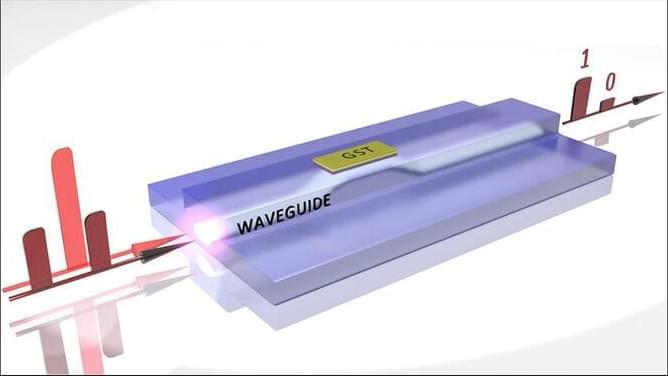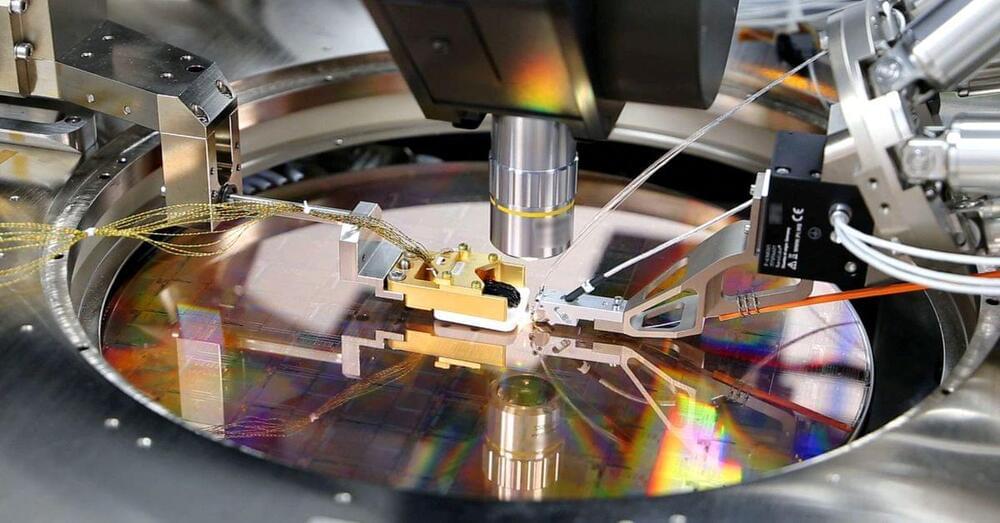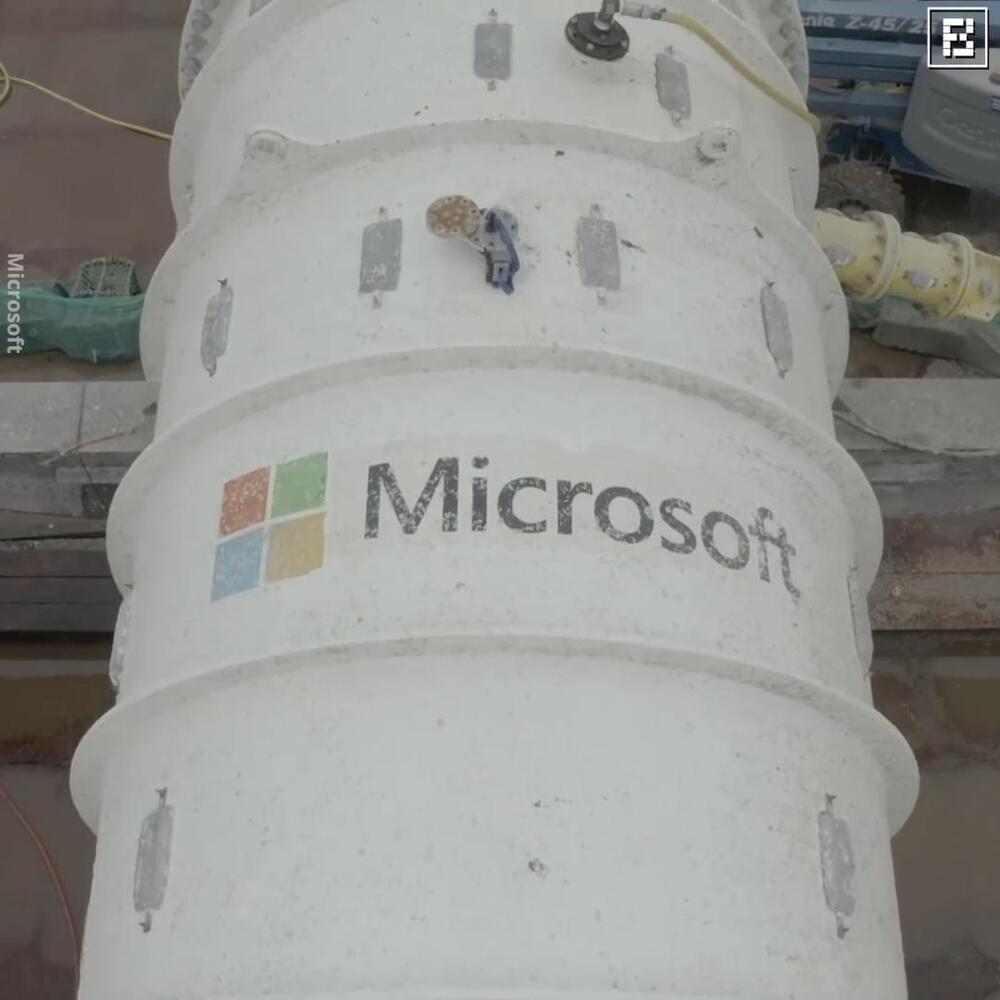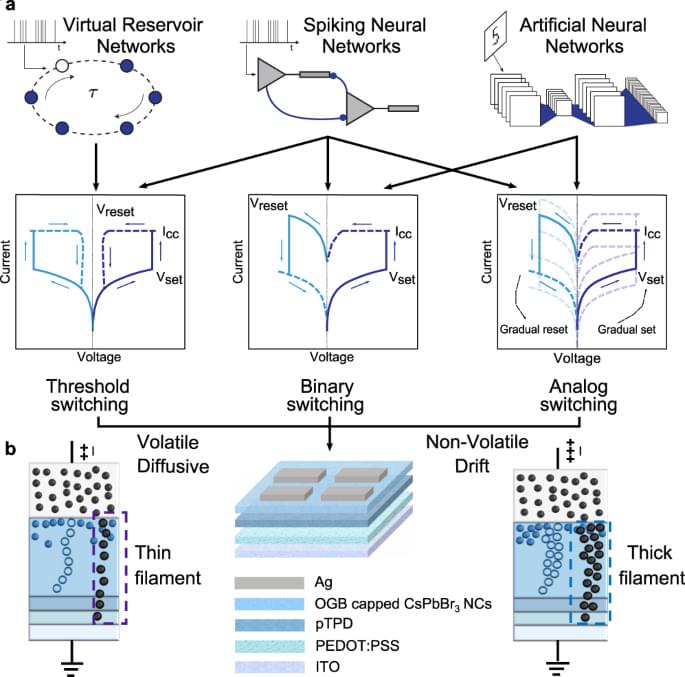Use code ISAACARTHUR16 for up to 16 FREE MEALS + 3 Surprise Gifts across 6 HelloFresh boxes plus free shipping at https://bit.ly/3uRoKz7
As computers have improved at an accelerating rate for generations now, fears of some emergent super intelligent computer mind have grown, but is such a Technological Singularity Inevitable, and can we survive it?
Visit our Website: http://www.isaacarthur.net.
Support us on Patreon: https://www.patreon.com/IsaacArthur.
Support us on Subscribestar: https://www.subscribestar.com/isaac-arthur.
Facebook Group: https://www.facebook.com/groups/1583992725237264/
Reddit: https://www.reddit.com/r/IsaacArthur/
Twitter: https://twitter.com/Isaac_A_Arthur on Twitter and RT our future content.
SFIA Discord Server: https://discord.gg/53GAShE
Listen or Download the audio of this episode from Soundcloud: Episode’s Audio-only version: https://soundcloud.com/isaac-arthur-148927746/is-a-technolog…inevitable.
Episode’s Narration-only version: https://soundcloud.com/isaac-arthur-148927746/is-a-technolog…ation-only.
Credits:
Is a Technological Singularity Inevitable?
Science & Futurism with Isaac Arthur.
Episode 340, April 28, 2022
Written, Produced & Narrated by Isaac Arthur.
Editors:
David McFarlane.
Jason Burbank.
Konstantin Sokerin.
Cover Art:




